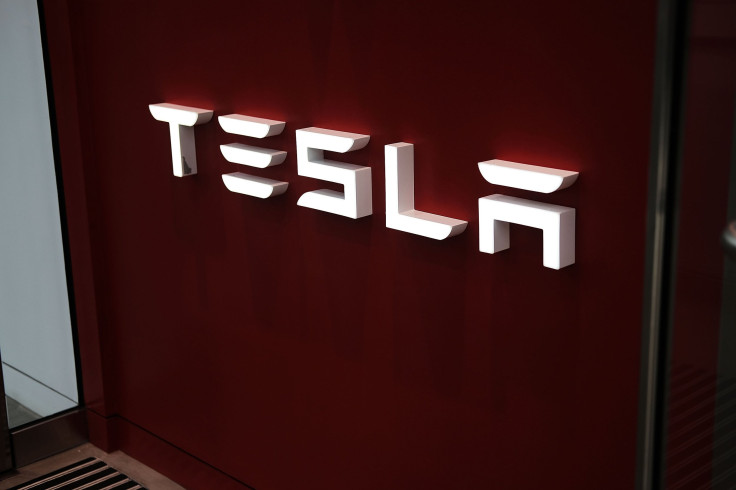China-Made Tesla Model 3 Parts To Pay Tariffs, US Won’t Waive Taxes

In a setback to Tesla, the U.S Trade Representative’s office rejected the American electric vehicles maker’s request seeking a waiver of higher tariffs on China-made center screen and car computer for Tesla Model 3.
Earlier in May, the USTR had denied Tesla’s request to exempt from duty on autopilot called as the “brain.”
Tesla had sought exemptions from the higher tariffs imposed on certain Chinese imports by the Trump administration at 25 percent, which involved many components it sourced from China.
Tesla’s exemption requests also included China-made parts such as electronic controllers for high voltage battery in electric vehicles.
In the request for tariff waiver, Tesla argued that it would be unrealistic to change suppliers and the 25 percent tariff on China parts were high and would dent its profitability and cause “economic harm” to the company.
Although the Trump administration slapped 25 percent tariffs on $50 billion of Chinese imports in 2018 triggering the trade war, companies were allowed to file petitions seeking exemptions to the USTR.
Why is USTR rejecting waiver plea?
Rejecting Tesla’s plea, the USTR in its May 29 letters said both Tesla’s Model 3 car computer and center screen concern “a product strategically important or related to ‘Made in China 2025,’ or other Chinese industrial programs.”
According to analysts, the refusal to exempt Tesla from China tariffs may have a cascading effect on its product pricing.
This is because despite Tesla producing all its vehicles in the U.S. the Chinese supplies are substantial in terms of parts that are hard to produce in the U.S.
A section of analysts holds the opinion that since nobody was betting high on a waiver possibility Tesla might have planned alternatives.
The best part is that the Tesla Model 3 vehicles built in China Gigafactory 3 will not be facing the escalated tariffs.
Waiver requests of GM and Uber also rejected
Along with Tesla’s requests, the USTR also rejected many requests by GM and one by Uber.
The turned down requests of GM relate to high-frequency antennas, electric motor parts, battery cables, push-button ignition switches, and brake parts. Ride-hailing company Uber sought a waiver of tariffs on electric scooters.
Both USTR and Tesla did not comment.
According to reports, the denial of waivers illustrates the Trump administration’s strategy to stonewall China’s efforts to develop high-technology industries, which the U.S. alleges as having “benefited from theft and forced transfer of U.S. intellectual property.”
Tesla has set a target to produce and deliver 90,000 to 100,000 vehicles in the current quarter. Tesla’s new factory in China’s Shanghai known as Gigafactory 3 will be making Model 3 for China and other allied markets.
Meanwhile, the rejection of waiver pulled down Tesla stock by 1 percent on Thursday but rebounded to a 1.5 percent high in later trading.
© Copyright IBTimes 2024. All rights reserved.





















